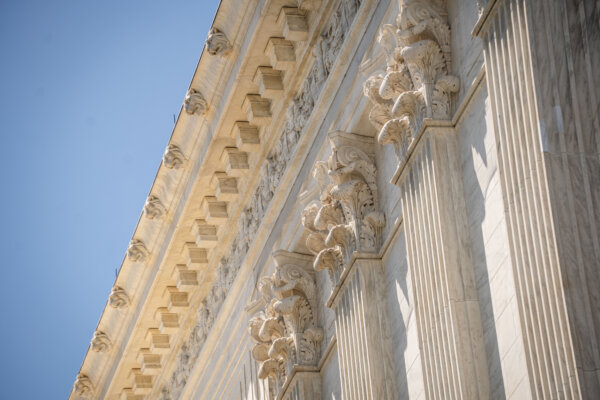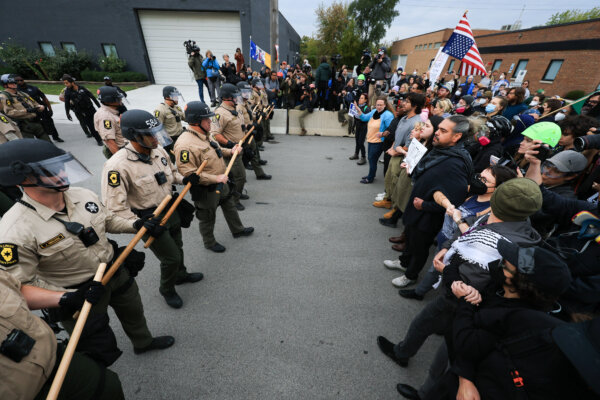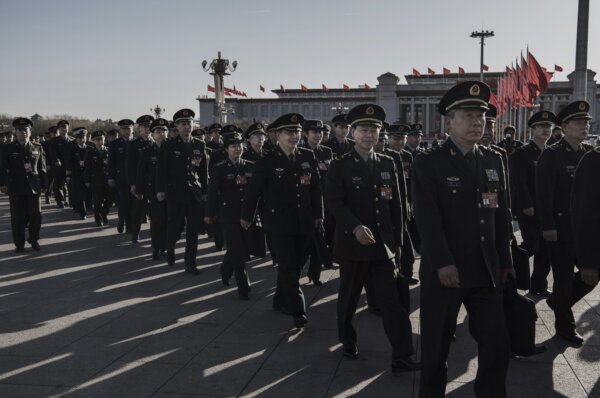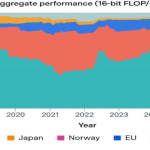![]() The U.S. Supreme Court on June 20 unanimously upheld a law that empowers Americans harmed by terrorist attacks abroad to sue in U.S. courts.
The U.S. Supreme Court on June 20 unanimously upheld a law that empowers Americans harmed by terrorist attacks abroad to sue in U.S. courts.
The decision reverses a federal appeals court that found U.S. courts lacked authority to hear cases based on terrorist attacks taking place outside the country.
The case is actually two cases—Fuld v. Palestine Liberation Organization (PLO) and United States v. PLO—that were heard together.
In 2019, the PSJVTA amended the federal Anti-Terrorism Act, which had created a right for victims of terror attacks committed against Americans outside the United States to sue in U.S. courts.
The Anti-Terrorism Act was inspired by a lawsuit brought against the PLO for the 1985 killing of wheelchair-bound American cruise ship passenger Leon Klinghoffer “who was shot in the face and thrown into the sea by PLO hijackers,” the petition said.
The PSJVTA provides that the PLO and the Palestinian Authority are deemed to have consented to be sued in U.S. courts if they hand out payments “to terrorists for killing or injuring Americans.”
The Palestinian Authority operates a so-called martyrs’ fund that sends money to the families of Palestinians killed, imprisoned, or injured when committing acts of violence against Israel.
Mariam Fuld sued in federal district court in New York after her husband Ari Fuld was killed near a West Bank shopping mall in 2018 by a Palestinian terrorist allegedly incited by the PLO.
Other victims of terrorism and their families also sued in the same legal proceeding, the petition said.
After a seven-week trial, a jury held in January 2022 that PLO and Palestinian Authority employees were “acting within the scope of their employment, [and] had planned or participated in each of the attacks.”
The plaintiffs, including Fuld, were awarded $218.5 million for damages, a figure that was then tripled under federal law.
The U.S. Court of Appeals for the Second Circuit reversed in September 2023, finding the lower court erred because the PSJVTA was unconstitutional.
The Second Circuit found U.S. courts could not hear the case because the defendants were “at home” in “Palestine” and because the acts complained of took place “entirely outside the territorial jurisdiction of the United States.”
Jurisdiction refers to a court’s official authority to render legal decisions.
The Second Circuit also found that the Fifth Amendment precludes the inference that a defendant has consented to federal jurisdiction without receiving a “governmental benefit” in return, and that in this case, neither the PLO nor the Palestinian Authority had taken in such a benefit, according to the petition.











